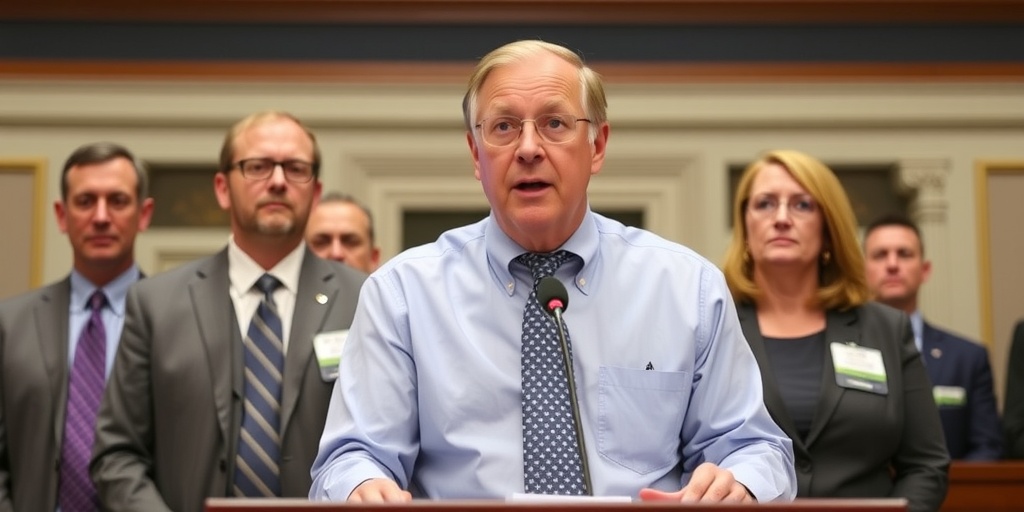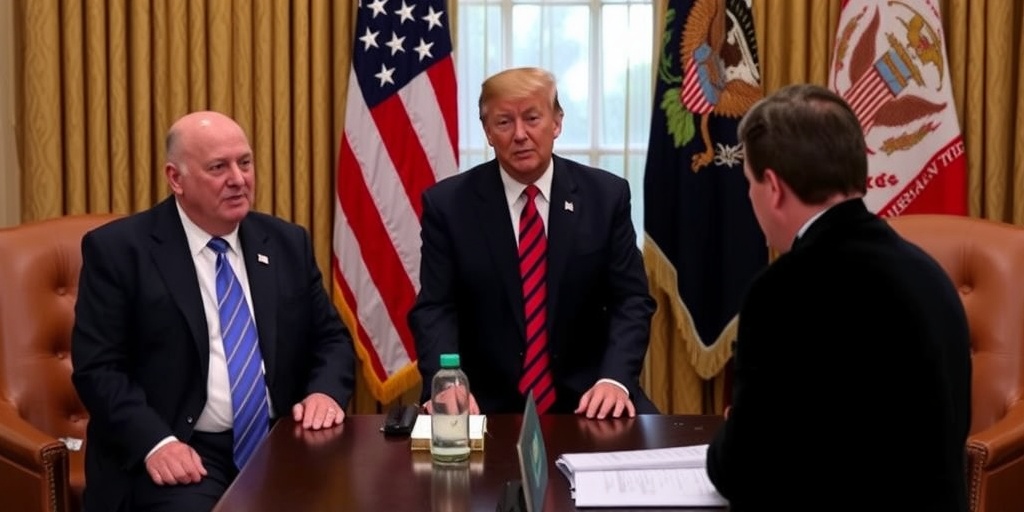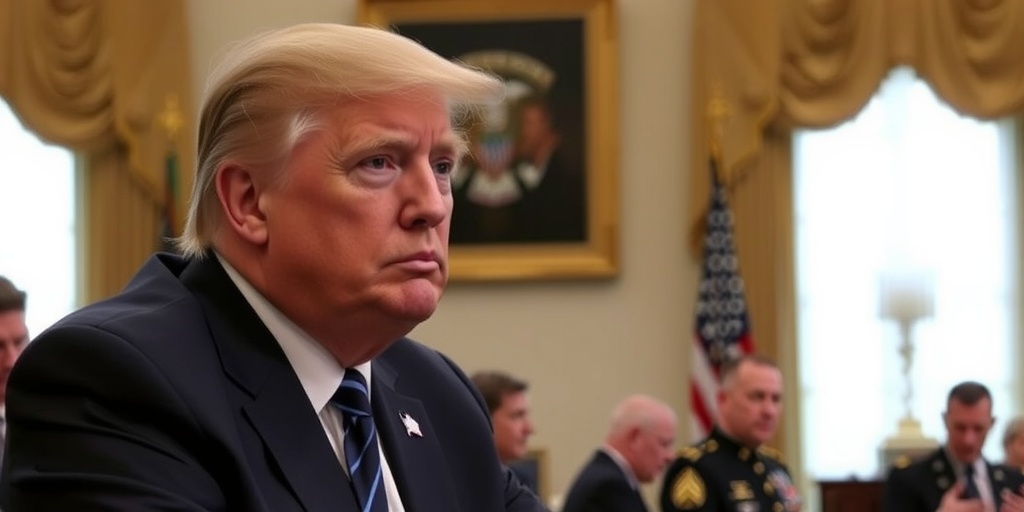Now Reading: Johnson Blocks Bill Allowing Proxy Voting for New Parents in House
-
01
Johnson Blocks Bill Allowing Proxy Voting for New Parents in House
Johnson Blocks Bill Allowing Proxy Voting for New Parents in House

Uncertainty Surrounds Speaker’s Ability to Rally Republican Support for Key Legislative Measure
Amid growing tension and division within the House of Representatives, the Speaker is currently facing a significant challenge regarding an important legislative measure. With a majority of House members expressing the desire to consider the proposal, the Speaker’s ability to garner enough Republican support remains in question. This dynamic has led to concerns about whether the measure will even come to a vote in the coming days.
The legislative measure in question has garnered substantial attention, addressing issues that resonate with a wide section of the legislative body. However, a faction of Republicans appears poised to either oppose or resist the measure, complicating the Speaker’s efforts to bring it to the floor. The situation is further complicated by varying opinions within the Republican Party, making it increasingly difficult to determine a cohesive strategy moving forward.
As discussions unfold, it has become apparent that many lawmakers are eager to engage in debate over the measure, reflecting a broader consensus on its importance. A significant number of members believe that constructive dialogue could lead to modifications that would garner bipartisan support. However, the reality remains that if the Speaker cannot secure enough Republican votes, the measure may never make it to the legislative floor.
This predicament reflects a larger trend within the current political landscape, where party loyalty often supersedes collective decision-making. Internal divisions within the Republican caucus pose a critical challenge, as moderates and more extreme factions clash over the direction of the party and the legislation itself. The ongoing ideological struggles have implications that extend beyond this particular measure, as they threaten to undermine the party’s long-term unity and effectiveness in governance.
Furthermore, observers are closely monitoring the Speaker’s next moves in this evolving situation. Will they engage in behind-the-scenes negotiations with dissenting Republicans? Or will they take a more public approach, rallying support from the majority of House members who favor the measure? The decisions made in the coming days will likely have far-reaching consequences, not just for this specific piece of legislation but for how the Speaker navigates the complexities of party leadership.
Adding another layer of complexity is the increasingly polarized atmosphere in Washington, D.C. Lawmakers from both parties face pressure from their constituents and party leaders to adhere to the prevailing party lines. For the Speaker, balancing these competing interests while moving forward with the legislative agenda is no small feat. Many political analysts argue that successful negotiation will require a strategic blend of persuasion and compromise.
As discussions continue, some members of the House are calling for transparency and an open forum where all voices can be heard. They argue that allowing a broader debate could lead to innovative solutions and a better understanding of differing perspectives. Many believe it is essential that the House not only debates the merits of the measure but also considers the implications of any potential changes made along the way.
Meanwhile, advocacy groups and constituents are keeping a close watch on the proceedings. Many citizens have expressed their support for a comprehensive discussion around the measure, believing it will directly impact their lives. This grassroots sentiment could pressure House members to align more closely with their constituents’ wishes.
In light of all these factors, the prevailing question remains: Can the Speaker successfully peel off enough Republican votes to allow the measure to come up for consideration? As the situation develops, both supporters and opponents of the measure prepare for a legislative battle that could either solidify or fracture party lines.
In conclusion, this unfolding scenario serves as a microcosm of the broader challenges within American politics today, characterized by deep-rooted divisions and the struggle for unity within parties. The ability of the Speaker to navigate this complicated landscape will not only impact the fate of the current legislative measure but could also establish a precedent for how similar challenges will be handled in the future. As the clock ticks down and the pressure mounts, all eyes are on the House of Representatives to see what strategic decisions will emerge and how they will shape the legislative agenda moving forward.
Stay Informed With the Latest & Most Important News
Previous Post
Next Post
-
 01New technology breakthrough has everyone talking right now
01New technology breakthrough has everyone talking right now -
 02Unbelievable life hack everyone needs to try today
02Unbelievable life hack everyone needs to try today -
 03Fascinating discovery found buried deep beneath the ocean
03Fascinating discovery found buried deep beneath the ocean -
 04Man invents genius device that solves everyday problems
04Man invents genius device that solves everyday problems -
 05Shocking discovery that changes what we know forever
05Shocking discovery that changes what we know forever -
 06Internet goes wild over celebrity’s unexpected fashion choice
06Internet goes wild over celebrity’s unexpected fashion choice -
 07Rare animal sighting stuns scientists and wildlife lovers
07Rare animal sighting stuns scientists and wildlife lovers




















